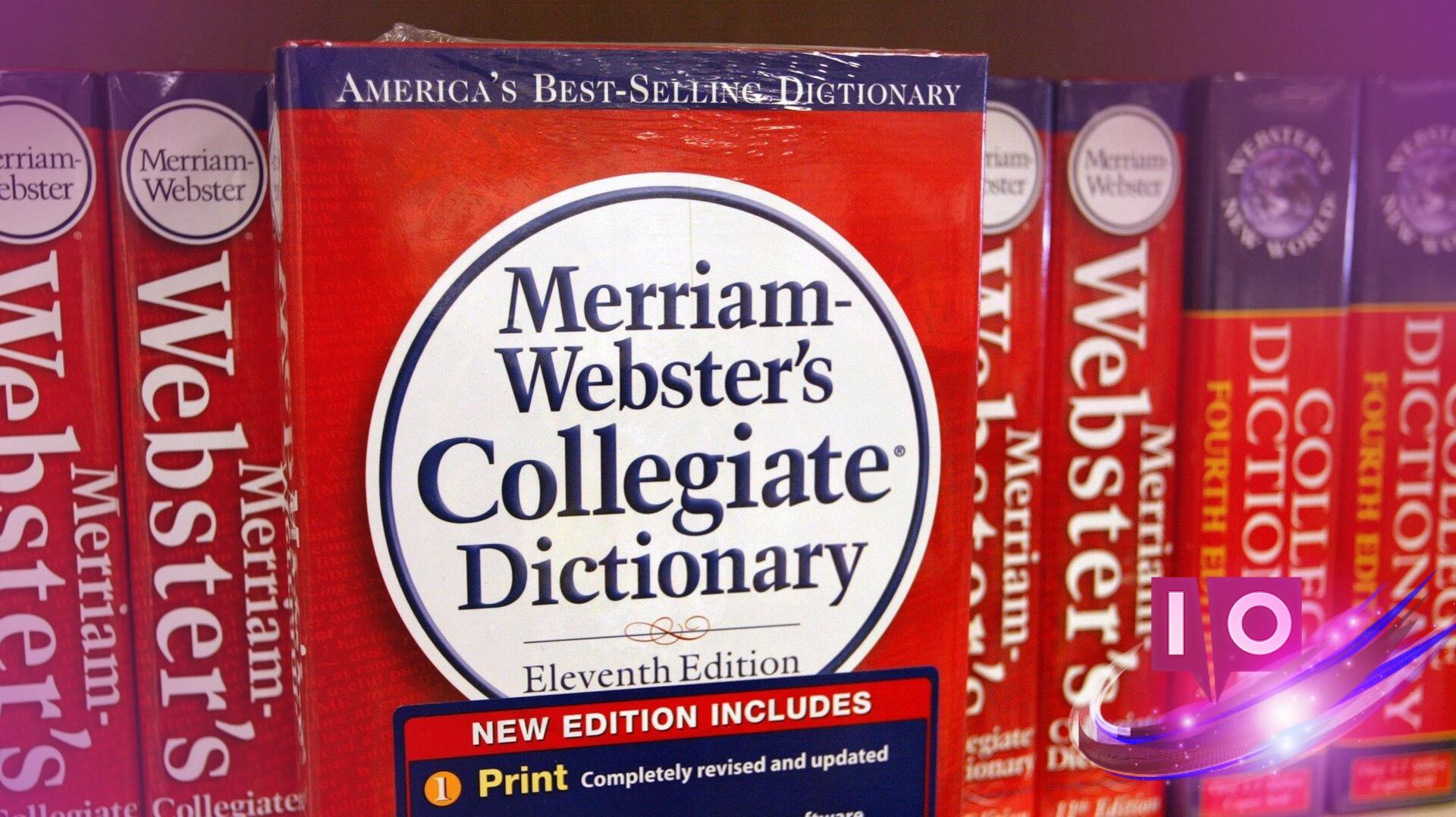The recent $1.5 billion settlement involving Anthropic sets a powerful precedent for the publishing industry, opening a potential wave of lawsuits against AI companies misusing copyrighted materials. This could significantly alter the landscape for publishers who seek to protect their intellectual property.
Just this week, the Britannica Group, known for its flagship Encyclopedia Britannica and Merriam-Webster dictionary, filed a lawsuit against Perplexity. This complaint, submitted to a federal court in New York, accuses the AI startup of violating its copyright and trademark rights, asserting that its answer engine is siphoning off the revenue that Britannica relies on.
Founded in 2022, Perplexity positions itself as an “AI-powered Swiss Army knife for information discovery and curiosity.” The company made headlines in August for its ambitious $34.5 billion bid to acquire Google’s Chrome browser, showcasing its rapid ascent in the tech space.
Perplexity offers an answer engine that aggregates information from various sources, delivering succinct responses to user inquiries. However, Britannica argues these summaries frequently reproduce its original content verbatim without authorization, diverting web traffic away from Britannica’s own platforms where subscriptions and ad revenue are generated.
“Perplexity claims to be the ‘world’s first answer engine,’ but the answers they provide to consumers are often Britannica’s answers,” stated Britannica Group CEO Jorge Cauz in a press release. This highlights a growing frustration among publishers about the use of their content without compensation.
This isn’t the first legal challenge for Perplexity. Last year, Rupert Murdoch’s Dow Jones, parent company of The Wall Street Journal and New York Post, accused Perplexity of illegally copying its material. Now, the new lawsuit arrives just weeks after Anthropic’s hefty settlement, suggesting that publishers are ready to pursue their rights aggressively.
As technologies like ChatGPT and Claude gain popularity, publishers are increasingly demanding that tech firms cover the costs associated with using their content. AI companies depend heavily on published works—be it articles, books, or research papers—to refine their models and deliver reliable answers to users.
OpenAI continues to face a legal battle with The New York Times, even as both OpenAI and Google navigate licensing agreements with outlets like News Corp and Reddit to preempt further disputes. In its own approach, Perplexity recently announced plans to share revenue with publishers whenever their news articles contribute to user responses.
What Are the Key Allegations Against Perplexity?
Britannica claims Perplexity has scraped its websites, unlawfully copied and republished articles, and generated answers that may harm the brand’s image. These actions allegedly violate copyright and trademark laws, paving the way for legal accountability.
Britannica emphasizes that its content creation is financed through subscriptions and advertising revenues. The lawsuit argues that Perplexity is unfairly benefiting from this investment, essentially “cannibalizing” traffic that would otherwise support Britannica’s business.
In response to these accusations, Britannica is seeking unspecified damages and a judicial order to prevent further unauthorized use of its content.
Perplexity has not yet provided a public comment regarding the lawsuit directed at them.
How does AI impact traditional publishers? The rapid development of AI has forced publishers to reconsider how they protect their content and revenue streams, leading to increased vigilance against potential infringements.
Will other publishers follow Britannica’s lead? It is highly likely that other publishers will be emboldened by this lawsuit, especially in light of recent high-value settlements involving AI companies.
What can publishers do to protect their content? Publishers can engage in legal action while also exploring licensing agreements and revenue-sharing models to ensure they benefit from their intellectual property being utilized by AI entities.
As litigation evolves in the realm of AI and content use, stay informed and proactive about your rights. The dialogue between technology and publishing is shifting, and being aware of these changes is essential.
For more insights and updates, consider visiting Moyens I/O for a closer look at how these developments might affect the digital landscape moving forward.
